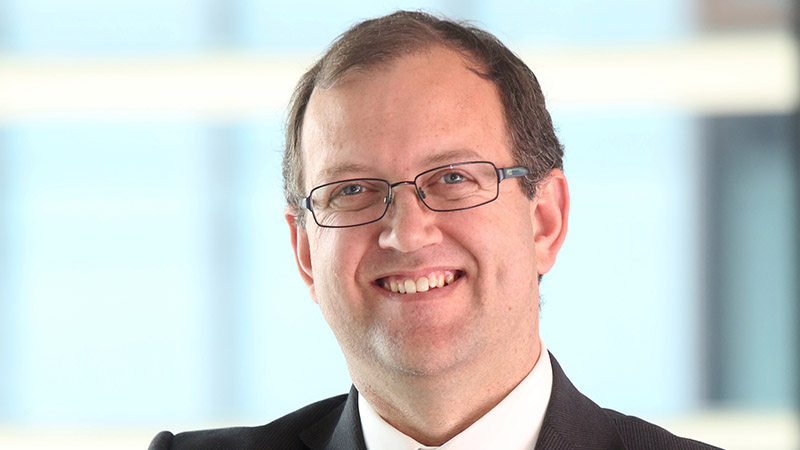Adviser exodus still a possibility despite positive signs, says BT

While the high pass rate for advisers sitting the mandatory adviser exam is a positive sign, there is still potential for a significant drop in advisers which the industry should be prepared for, says BT.
BT head of financial literacy and education Bryan Ashenden said while the fact that 89 per cent of the advisers that have sat the exam have now passed is a positive outcome, 54 per cent of advisers on the Financial Adviser Register are still yet to complete it.
“We are still in a position where less than half the advisers on the Financial Adviser Register have successfully completed the exam,” Mr Ashenden said in a recent BT podcast.
“No doubt a number of advisers are potentially waiting out the COVID-19 environment in order to complete the exam in person rather than digitally, but this must surely only be a small portion of the 54 per cent who are yet to complete it.”
While the extension to the end of 2021 to complete the exam has been broadly welcomed by the industry, Mr Ashenden said it will be important to see how many choose to sit the exam in the remaining October and November sittings in 2020.
“What we need to be conscious of as an industry is how many advisers will actually choose not to sit the exam at all, which at the end of 2021 will mean they will no longer be able to provide advice,” he stated.
“[This] could have a significant impact on the number of advisers who are in a position to be able to provide personal advice to Australians. With the widely forecast difficult economic environment ahead, it may be that more Australians will want to rely on the expertise of a financial adviser to guide them through these complex and challenging times.”
In the latest exam statistics released by FASEA, it was indicated that the performance rate of advisers sitting the exam a second time had improved.
“For this cohort, the pass rate was 65 per cent, which was an 11 per cent improvement on the long-term average,” Mr Ashenden said.
“This increase is a welcome sign, and it would be reasonable to suggest that FASEA now releasing details on those areas where advisers have experienced difficulties in prior sittings may have helped these advisers to focus more on these problem areas.”

Miranda Brownlee
Miranda Brownlee is the deputy editor of SMSF Adviser, which is the leading source of news, strategy and educational content for professionals working in the SMSF sector.
Since joining the team in 2014, Miranda has been responsible for breaking some of the biggest superannuation stories in Australia, and has reported extensively on technical strategy and legislative updates.
Miranda also has broad business and financial services reporting experience, having written for titles including Investor Daily, ifa and Accountants Daily.






